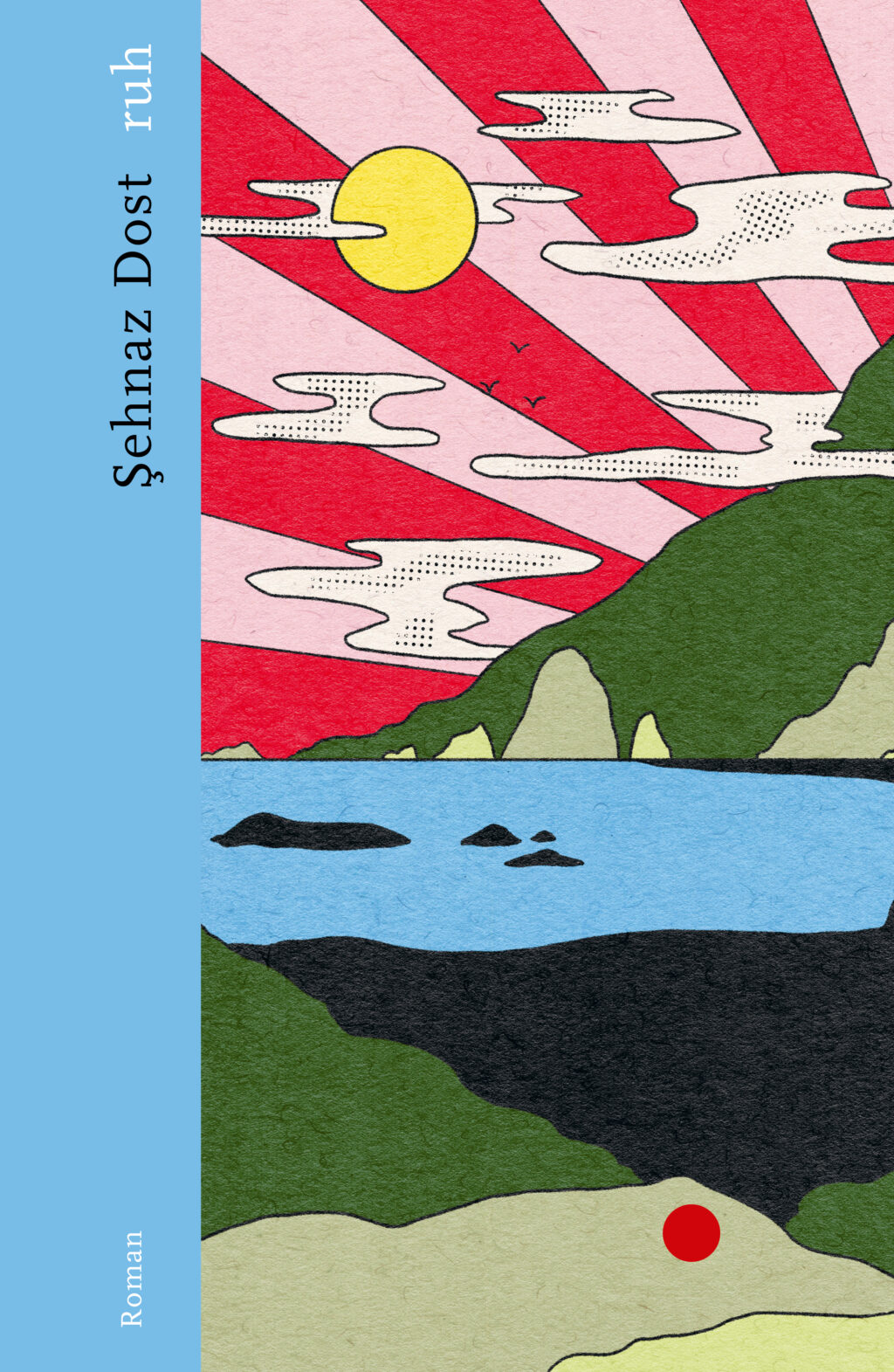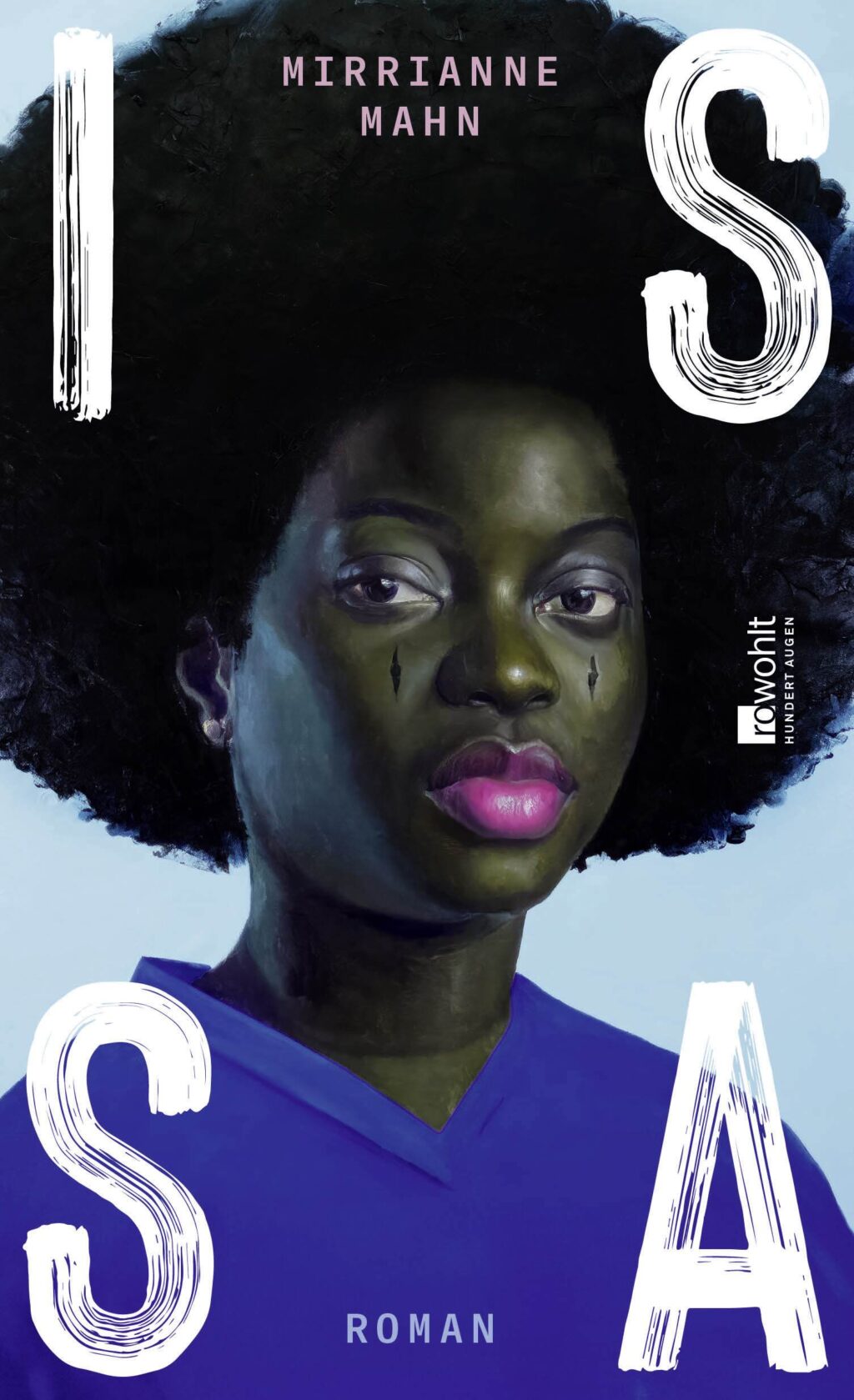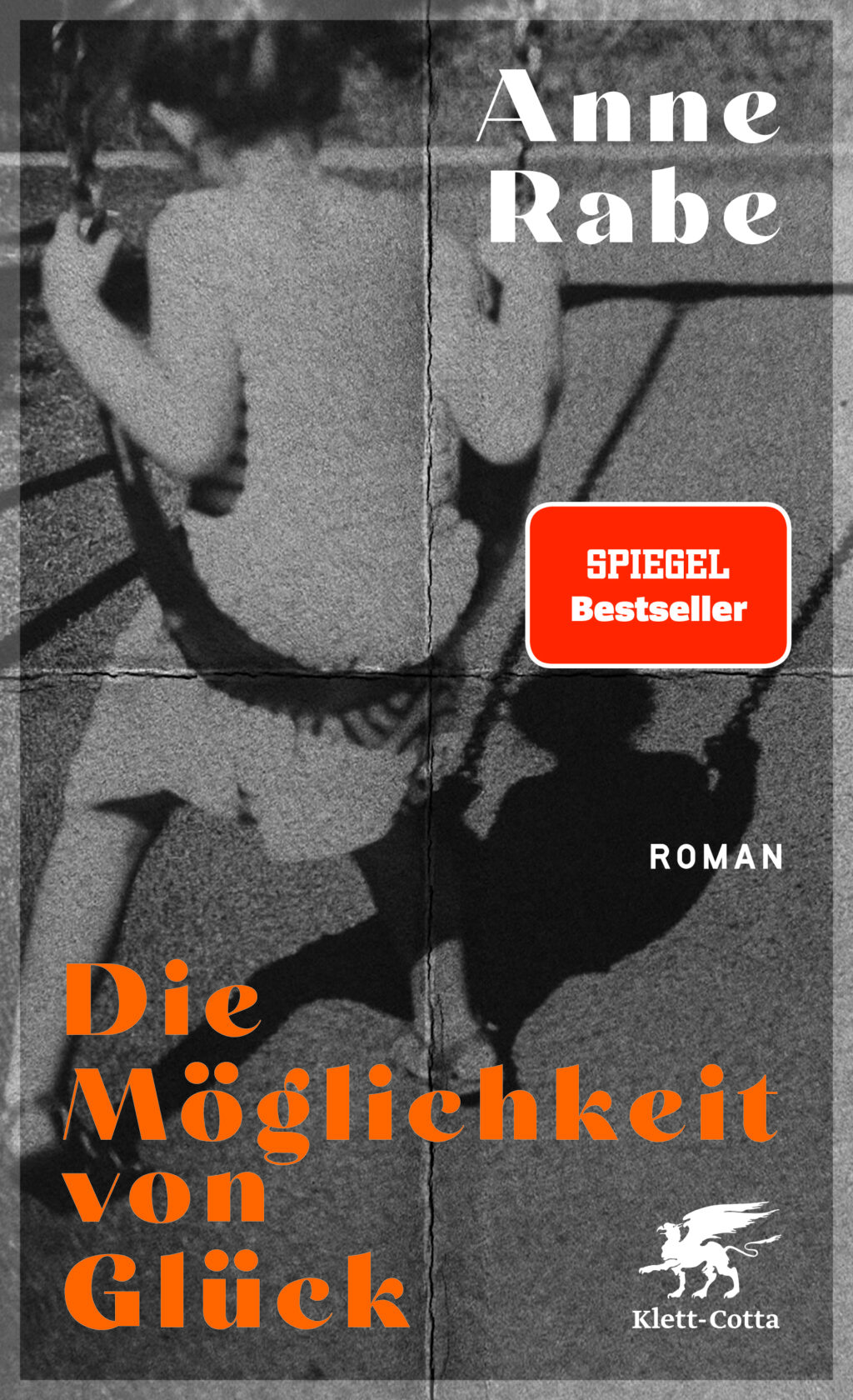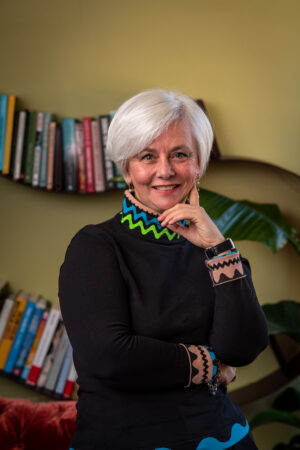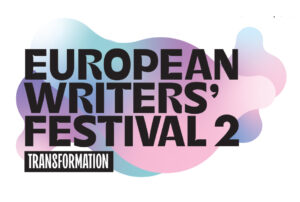An overview of the seven debut novels in our spring 2024 selection
The seven debut novels in our selection of the best contemporary German-language literary fiction titles for spring 2024 present an impressive display of the wide-ranging literary talents currently emerging from German-speaking countries. The debuts include five titles by female authors, one by a male author, and one by a non-binary author.
While the seven novels have diverse settings and characters, there is a notable congruity in their thematic concerns: many of the titles have auto-fictional elements, and all share concerns with questions of identity and belonging, with race and gender, and with intergenerational family history.
From Simon Elson’s coming-of-age narrative, ‘Story of Disorder’, to Evan Tepest’s coming-of-gender story, ‘Write Your Mother’s Name’, to Anne Rabe’s German Book Prize-shortlisted masterpiece, ‘The Possibility of Happiness,’ confronting the history of the GDR, our spring 2024 debuts are full of unforgettable stories which will speak to readers all over the world.
Şehnaz Dost
ruh, (‘ruh’), HarperCollins Deutschland, 2024, pp. 272
‘ruh’ is a moving account of a father-daughter relationship under the shadow of divorce and racism, highlighting the everyday angst and struggles of a man torn between his life in Germany and his Turkish-Arabic heritage. Cemal is a divorced primary-school teacher living in Berlin, who has custody of his adored five-year-old daughter Ekin every other week. He is on excellent terms with his ex-wife, and is tentatively happy in a new relationship with Georg, an easy-going man who wishes Cemal would be more open about his inner life. When Ekin starts school and experiences racism for the first time, Cemal is overwhelmed by feelings of powerlessness and depression. Dost’s first novel is a beautifully written reflection on identity and racism with a deeply vulnerable – and deeply lovable – main character.
Şehnaz Dost’s prose has appeared in the magazines Literarische Diverse and Yallah Salon as well as in the podcast ‘Let’s call it a Comeback’.

Simon Elson
Geschichte der Unordnung, (‘Story of Disorder’), Aufbau Verlag, 2024, pp.187
Simon Elson’s debut novel is a modern coming-of-age story and a stand-out example of the auto-fictional genre that is so prevalent in contemporary German-language literature. The protagonist of ‘Story of Disorder’is born in 1980 and attends a Waldorf school where his father, whom he is very close to, works as a teacher. When his father dies in a car crash, his idyllic childhood comes to an end. The protagonist’s life spirals into disorder, and the chaos only intensifies when he moves to Berlin to pursue a hedonistic lifestyle that revolves around sex and drugs.
Simon Elson was born in Hamburg in 1980. He has written a number of non-fiction books, including Der Kunstkenner (‘The Art Connoisseur’, 2016), the first biography of the German-Jewish art connoisseur and museum director Max J. Friedländer; Der Wolkensammler (‘The Cloud Collector’, 2020), an investigation into the cultural and scientific phenomenon of the cloud; and Macht der Stille (‘The Power of Silence’, 2022), the first German-language monograph on the Danish landscape painter Janus la Cour.
Mirrianne Mahn
Issa, (‘Issa’), Rowohlt, 2024, pp. 304
** Shortlisted for the 2024 lit.COLOGNE Debut Prize **
Already nominated for the 2024 lit.COLOGNE Debut Prize, ‘Issa’ narrates a compelling journey of self-discovery intertwined with the stories of four generations of women and the legacies of colonialism. It is 2006 and Issa is a reluctant passenger on a plane to her birth country of Cameroon, which she left aged five when her mother moved to Germany. Now in her twenties, she is pregnant, and her mother is convinced she will die in childbirth if she does not undertake protective rituals in her homeland. The visit to Cameroon allows Issa to engage with her family history and confront the certainty that although trauma can be inherited, so too can unconditional love and strength in adversity. Mahn skilfully interweaves the fates of five women whose lives are separated by more than a century and yet are linked by colonial exploitation and the struggle for self-determination.
Mirrianne Mahn works as an activist and theatre maker against discrimination and racism. She is a consultant for diversity development and anti-discrimination and has been a city councillor in Frankfurt am Main since 2021. She was named as one of the 100 Women of the Year 2021 for her political commitment by FOCUS magazine.
Nadine Olonetzky
Wo geht das Licht hin, wenn der Tag vergangen ist, (‘Where Does the Light go when the Day is Over?’), S. Fischer Verlag, 2024, pp. 448
Nadine Olonetzky tells the story of her family’s persecution under National Socialism, and of her own upbringing in the shadow of her father’s suffering. Olonetzky’s grandfather and aunt were murdered in the Holocaust. Her father’s other siblings escaped to Palestine before the war began, and he managed to escape Germany by crossing the Swiss border in 1943. Olonetzky pieces together the complicated history of this persecution and weaves it into her account of her father’s post-war attempts to obtain restitution from the German government. The novel is punctuated with observations from Olontezky’s garden, in which the brutal history of displacement and industrial murder are contrasted with the beauty of nature and the comfort Olonetzky derives from this. ‘Where Does the Light Go When the Day is Over’ is a powerful, deeply moving, and profound Shoah memoir.
Nadine Olonetzky is an author, editor, and publisher of books about photography, art, and cultural history.
Anne Rabe
Die Möglichkeit von Glück, (‘The Possibility of Happiness’), Klett-Cotta, 2023, pp. 367
** Shortlisted for the 2023 German Book Prize **
Stine is born in the mid-1980s in a small town on the East German Baltic coast, a child of reunification. She is too young to understand the change of system in the GDR, but her family’s complex ideological views have an impact on the next generation. As her relatives hide the lost world behind an impenetrable silence, Stine finds herself seeking answers to questions she can no longer repress. Anne Rabe has written a clear-sighted and unsettling book with great literary power – a mixture of non-fiction and literature, knowledgeably researched and at the same time captivatingly beautiful. She traces the wounds of a generation that grew up between dictatorship and democracy, and explores the origins of racism and violence.
Anne Rabe was born in 1986. She is a multiple award-winning playwright, scriptwriter, and essayist. She lives in Berlin.
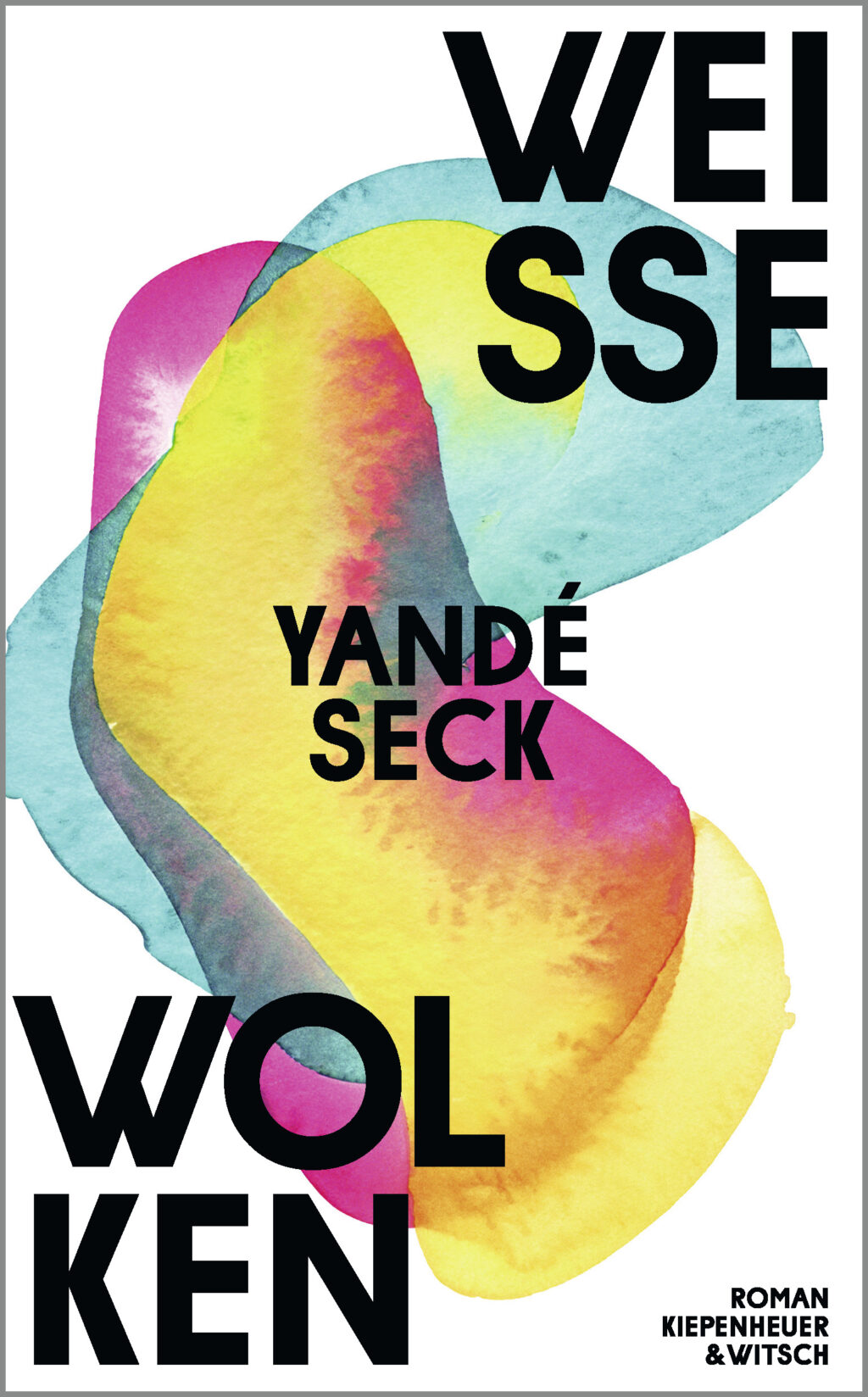
Yandé Seck
Weiße Wolken, (‘White Clouds’), Kiepenheuer & Witsch, 2024, pp. 352
‘White Clouds’ is an intimate portrait of a Black German extended family that addresses complex social issues. It follows the family members as they grapple with their respective identities and life challenges. Zazie belongs to Gen-Z, aspires to have an academic career, and struggles as a young Black woman in a white-majority society. Her older sister, Dieo, is less politically engaged: a child therapist who is struggling to balance her career with being a mother to her three biracial sons. Zazie and Dieo’s parents are Ulrike, a white 68er who is as dynamic as she is unreliable, and Papis, a Senegalese academic who has settled in Germany and made a living translating Nietzsche.
When Papis dies unexpectedly, the family is thrown out of balance. The sisters travel to their father’s homeland for the funeral, and saying goodbye becomes a new beginning for them. Wise, accessible, and subtly humorous, Yandé Seck’s novel shows the far-reaching consequences of intergenerational trauma and racist and sexist structures.
Yandé Seck works as a psychotherapist for children and adolescents, teaches at the University of Frankfurt, and is completing her doctorate on motherhood, migration and psychoanalysis.
Evan Tepest
Schreib den Namen deiner Mutter, (‘Write Your Mother’s Name’), Piper Verlag, 2024, pp. 192
Evan Tepest explores family relationships, memory, guilt, and trauma in this tragicomic coming-of-gender story. After two years in Berlin without visiting, emerging writer Alex returns to her provincial home town to attend her grandfather’s funeral. Her relationship with her police-officer mother is strained; her younger sister refuses to come to the funeral and her half-brother has been estranged from the family for years. Alex attempts to confront her mother about their childhood and deal with her feelings of guilt about abandoning her stepbrother. In the course of the novel, Alex adopts the non-binary pronoun, ‘dey’, a German-language equivalent to the English singular ‘they’. Evan Tepest has a strong standpoint on queer and gender-identity issues and an interest in breaking down clichés and hierarchies.
Evan Tepest is an author and journalist. Evan Tepest was a finalist for the Open Mike competition and the Edit Essay Prize. The essay collection Power Bottom was published in 2023. They live in Berlin.
Photo by Etienne Girardet on Unsplash


